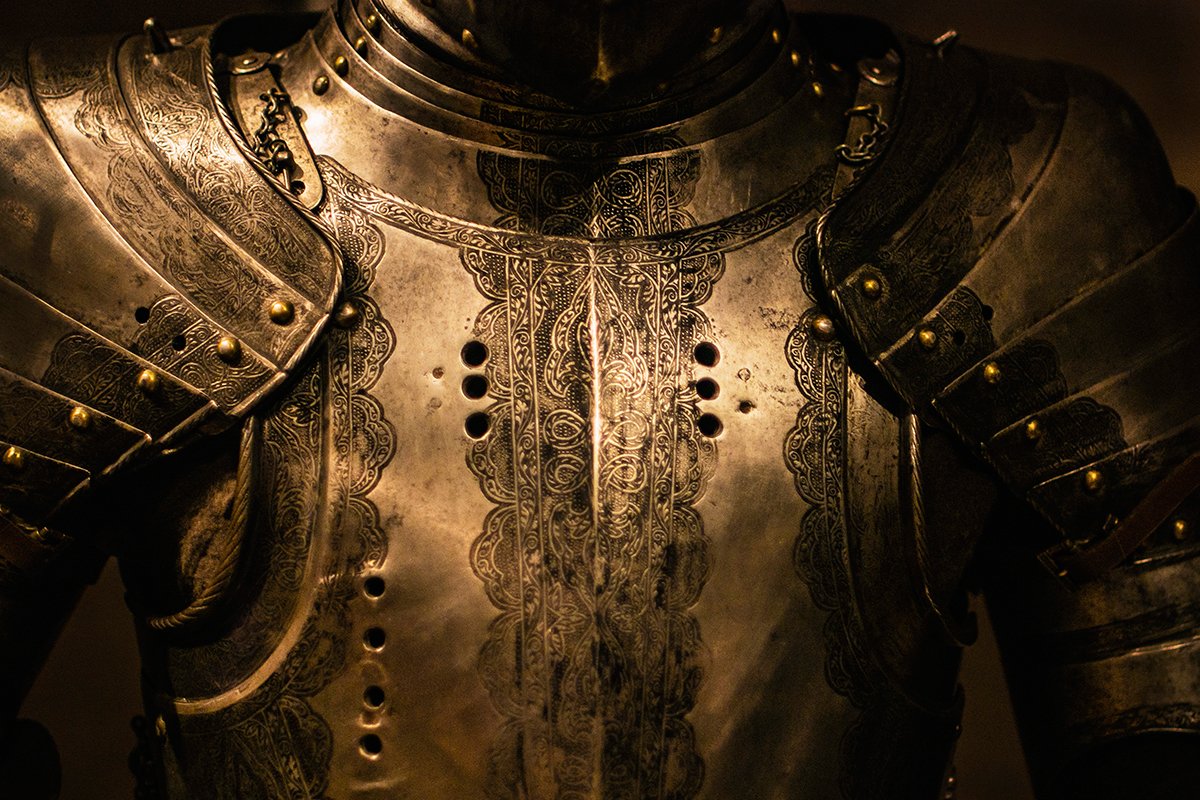Judges 8 Commentary
In Judges 8, Gideon was criticized by the men of Ephraim for not including them in the battle against Midian, but he appeased them by highlighting their own victories. As he and his 300 men pursued the fleeing Midianite kings, Zebah and Zalmunna, the people of Succoth and Penuel denied them provisions and Gideon punished them later.
Gideon successfully captured and executed the two kings in revenge for killing his brothers. The Israelites requested that Gideon be their ruler, but he refused stating that only the Lord should rule over them. However, he requested gold from the plunder and made an ephod, which led Israel into idolatry. After Gideon’s death, Israel turned away from God, worshiped Baal, and failed to show gratitude to Gideon’s family for his leadership.
The Ephraimites
As we will see later in Scripture, the Ephraimites were troublemakers (Jdg 12:1-6; 1 Ki 11:26-40; 1 Ki 12:16-20). After his victory over Midian, they confronted Gideon and were incensed that they weren’t called to fight. Instead of reacting harshly, Gideon diplomatically praised their role in capturing the enemy kings which successfully defused their anger.
Even though he led God’s plan to defeat 120,000 Midianites, Gideon humbly downplayed his achievements. His tactful handling of the situation contrasted with Jephthah’s more confrontational response to a similar Ephraimite complaint which we will read about later in Judges 12.
The Pursuit
At this point in the story, Gideon and his 300 men have defeated 120,000 Midianites, but 15,000 are still on the run. Scripture informs us that Gideon still has 300 men. By the glory of God, he hasn’t lost a single soldier – but there are still 15,000 to conquer. Gideon’s men are tired at this point so they stop and ask for provisions from Succoth.
The men of Succoth basically mock Gideon and his men, and they refuse to feed them. Gideon replies, “When I bring the kings’ heads back, I’m going to spank you with a cactus!”
He didn’t actually say that… but it’s not too far off! Gideon went from there to Peniel and made the same request but the men of Peniel also refused, so Gideon promised to return and tear down their city’s tower!
Well, Gideon found the Midianite kings and wiped out their army. True to his word, he punished the leaders of Succoth and Penuel for refusing to help his troops, dragging the former through thorns and destroying the latter’s tower. He executed the Midianite kings Zebah and Zalmunna in vengeance for killing his brothers.
A Wise Decision and A Costly Blunder
The Israelites wanted to make Gideon king, but he refused and insisted that the Lord alone should rule over them. This was wise.
“When the people of Israel asked Gideon to rule because of his military success, Gideon could only refuse, since their motivation was flawed and shortsighted. A king’s true role was to lead people to God; he would leave the issues of warfare to God. This was the critical mistake of the people when they asked for a king in Samuel’s day: they asked for a king to “judge us and go out before us and fight our battles” (1Sa 8:20). They wanted a king to do what the judges had done: lead them in battles. Yet the period of the judges was one of failure.”
Nelson’s New Illustrated Commentary
Next, Gideon requested an earring from each soldier’s plunder, collecting 43 pounds of gold. He melted the gold to create a commemorative ephod. The golden ephod Gideon made would have been similar to a breastplate. It was a replica of a colorful garment worn by the high priest. Most scholars agree that Gideon’s intention was not to create an idol by making this altar. His intention was probably to use this as a symbol (and reminder) of the worship of God. After all, he did point the people back to God when they wanted to make him their ruler.
But good intentions are not enough. It was wisdom that was lacking. In fact, in Exodus 20:25 God gives specific instructions for setting up an altar.
‘If you make an altar of stone for Me, you shall not build it of cut stones, for if you wield your tool on it, you will profane it.
Exodus 20:25 NASB
It seems like a strange commandment. Why was it so harmful for a person to use their artistic ability to carve out a beautiful altar? Because it would distract from the real purpose – God himself. He required unfinished stone to be used for the altar so that the focus would remain on what was really important. In Gideon’s case, people came to worship the golden statue instead of remembering why it was there in the first place.
Do we do this today? Of course! Our hearts are susceptible to wandering toward the creation instead of the Creator. We are worshipers by nature and will do so whether we know it or not. The first question we must reflect upon is obvious. Are there idols in our lives that steal the focus from God?
“Whatever your heart clings to and confides in, that is really your God, your functional savior. ”
Martin Luther
The Bible talks a lot about idolatry, and for good reason. It is a stumbling block for so many. Idolatry is more than worshipping physical images; it is misdirected devotion, placing ultimate trust in anything other than God. It leads to emptiness and separation from Jesus by elevating the created above the Creator. Paul articulated this very clearly in the New Testament as well.
They exchange the truth about God for a lie; they worship and serve what God has created instead of the Creator himself, who is to be praised forever! Amen.
Romans 1:25 GNB
The second question is not so obvious and may be a question we’ve never considered. Are we, like Gideon, unintentionally creating idols for other people to stumble on?
False teachers rely heavily on steering people away from God toward human thinking. It takes the Holy Spirit’s discernment and wisdom to deny the pursuit of worldly passions over the Lord. Rather than dismissing this idea as culturally irrelevant or silly, it is helpful to honestly evaluate if we are engaged in idol worship. Does our love for what man (or even God) has created supersede our love for God Himself?
Anything that steals our focus away from God is fair game. It could be possessions, our careers, relationships, sports, food, entertainment, goals, children, addictions, etc. Even well-intentioned things like Gideon’s ephod can become a stumbling block. We must ask ourselves, why does Scripture place such a heavy emphasis on idolatry? As we can see throughout the book of Judges, the heart is deceitful and longs to return to these empty cisterns. Jesus is the only One who truly satisfies.




